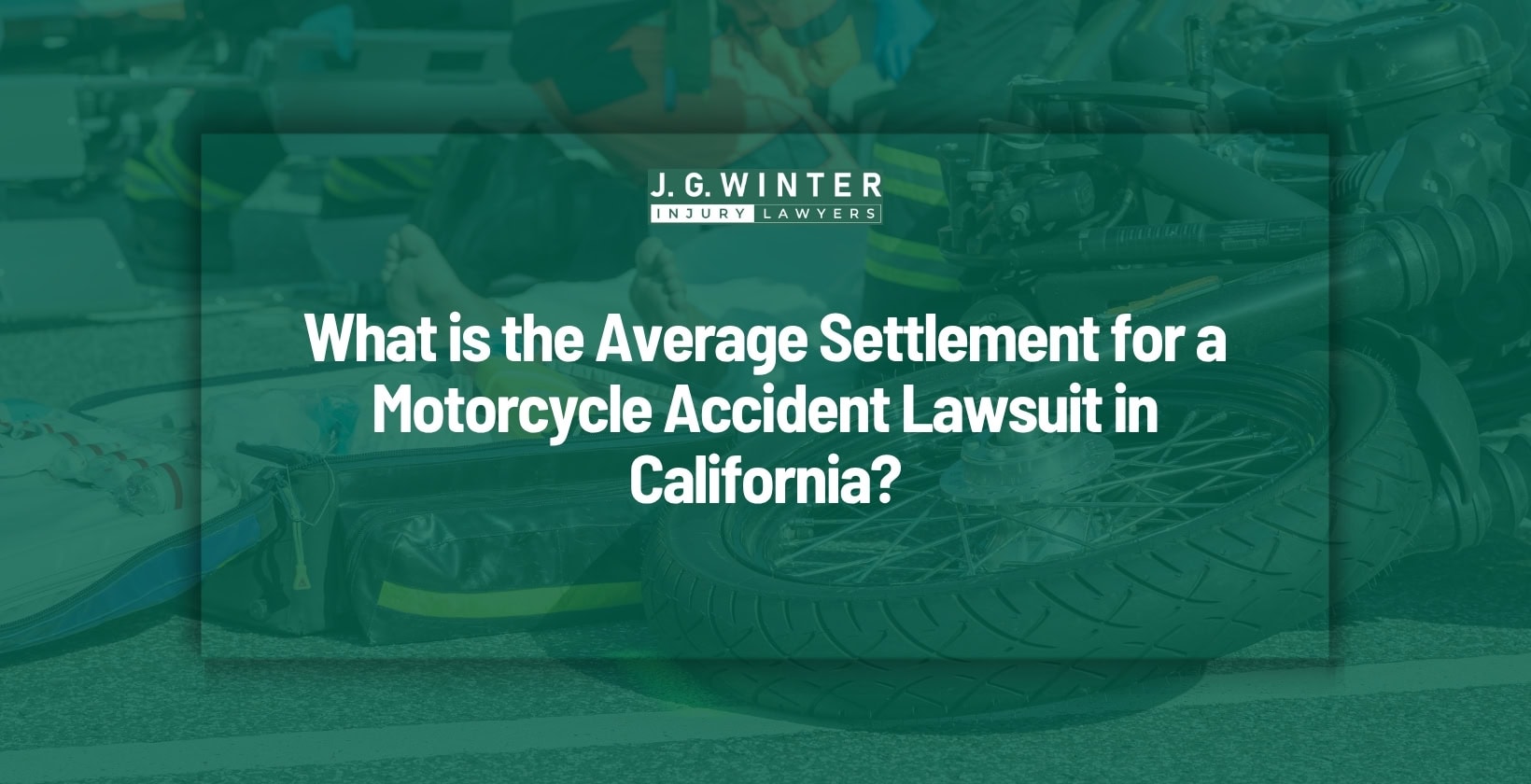Memory loss is relatively common following a car accident. Collision victims can forget what happened before, during, or after. While your memory may come back within a few days, there’s a chance this might be a symptom of a more serious condition, such as a traumatic brain injury (TBI). If left unchecked, your injuries can lead to long-lasting impacts on your life.
When you’re experiencing memory loss after a car accident, you should seek medical attention right away. The sooner a doctor can determine the root of your injury, the quicker you can begin treatment and recovery. However, this can become costly, and it’s unfair for you to cover medical costs if your injuries resulted from someone else’s negligence. If this is the case, reach out to a Sacramento brain injury attorney. They can prove another party was liable and fight for financial compensation.
Memory Loss After a Car Accident
What Are the Different Types of Memory Loss?
There are three main types of memory loss you may experience following a car crash.
- Post-traumatic amnesia is the state of confusion or memory loss immediately following a traumatic event, such as a car accident.
- Anterograde amnesia is the inability to form new memories following the accident. It’s the most common form car crash victims sustain, and most people who suffer from this say they “blacked out.”
- Retrograde amnesia is losing the memories you had before an accident occurred. This includes not just the events that lead to the collision but also dates, major life events, or names.
It’s rare for victims to suffer from both anterograde and retrograde amnesia simultaneously—a condition known as transient global amnesia. Regardless of what type of amnesia you suffer after a car crash, you deserve medical and legal help to restore your life to the way it was.
How to Treat Memory Loss
Unfortunately, there is no “one size fits all” approach to treating memory loss. Treatment usually begins with testing to determine whether your injuries are a sign of a TBI or a skull fracture, among other serious head conditions.
Those with more mild conditions might begin to regain memories and the ability to form new ones over time. Conversely, those who have more of a moderate to severe injury may require medication and therapy.
How Do I Know If I Have a Brain Injury?
When it comes to brain and head injuries, memory loss is one of many symptoms you can experience. Some other signs to monitor for include:
- Slowed ability to process information
- Trouble multitasking
- Dizziness or lightheadedness
- Sleep abnormalities
- Fatigue
- Difficulty forming sentences
- Sensitivity to light or sound
- Headaches or migraines
- Ringing in the ears
- Cloudy or foggy thinking
If there was a child in the vehicle at the time of the accident, they might show other head injury symptoms, including losing appetite or no longer playing with their favorite toys. Have any loved ones with a possible brain injury examined by a medical professional.
Can I Sue for Memory Loss?
You can sue the other driver for your memory loss, but you must prove that the other driver is liable for your injuries. Some examples of compensation include pain and suffering, mental trauma, or serious impairment of bodily function. Your best chance of obtaining financial compensation is partnering with a California brain injury attorney.
Experienced Brain Injury Attorney Who Will Fight for You
Brain injuries can cause a lifetime of heartache and suffering for victims and their families. If you’re experiencing any type of head injury following an auto accident, reach out to the Law Offices of J.G. Winter. Attorney Jeremey Winter will fight for you to obtain the maximum compensation to cover all your damages.
Attorney Winter commits himself to helping clients in the Sacramento area and throughout California. To schedule a free consultation, call (844) 734-2626 or complete an online contact form today.



